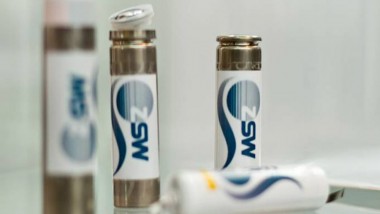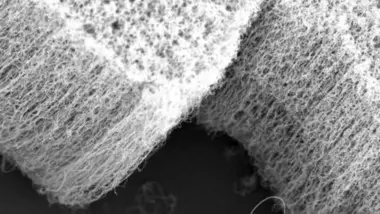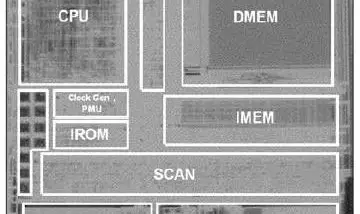The prototype battery (credit: ZSW) Cell formation lab (Credit: ZSW) German scientists developed one of the most efficient lithium-ion batteries which can retain 85% of their capacity for more than 27 years after being used daily. This super battery also ...
AutoTram: Combination of Bus and Tram
Scientists from the Fraunhofer Institute for Transportation and Infrastructure, Germany, recently introduced an innovative public transportation solution, dubbed the “AutoTram”. The new vehicle is as long as a tram but has bus-like agility, allowing it to maneuver easily through crowded ...
Improving Lithium Ion Battery Life
Researchers at Stanford University in Palo Alto, California are developing new carbon-silicon nanowire electrodes that increase the charge storage capacity of current lithium ion batteries by as much as 600 percent. Unlike recent electrodes using pure silicon, the carbon-silicon nanowires ...
Phoenix – 30 Picowatts Chip
Researchers at the University of Michigan have developed a low-power microchip which uses 30,000 times less power in sleep mode and 10 times less in active mode than similar chips now on the market. Named the Phoenix Processor, it is ...
Printing Flexible Batteries
Professor George Gruner and a group of scientists at the University of California in Los Angeles have recently fabricated a flexible Carbon Nanotube (CNT) based battery architecture from “nanotube ink”, using cheap and highly scalable materials. Possible applications include powering ...
Dangerous Phones
Last month, a 22-year old Chinese welder died as a result of the explosion of his mobile phone. This was the first fatal accident of this sort, caused by overheated batteries. The initial investigation showed that the phone battery had ...





